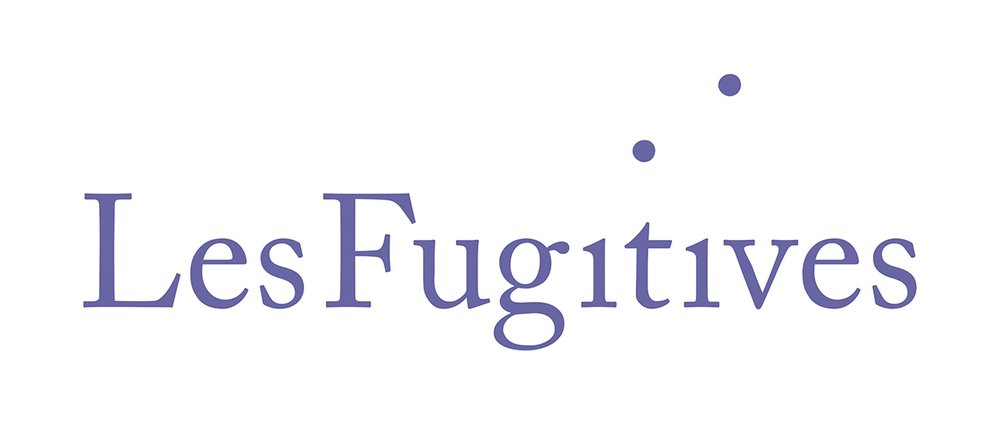'Schulmann argues that feminist voices are most often associated with manifestos and speeches. In Chicanes, she aims to focus on voices that embody a different quality. She pays attention to silences, hesitations, whispers, and murmurs, to voices that are too lyrical and too emotional, voices that are acerbic and raspy. […] She aligns her text with a feminist tradition that embraces the weakening of the body and the political charge of the emotive. While the book can range far and wide, Schulmann’s interest always remains the disruptive quality of voices, the way they can break established values, even when speaking haltingly or quietly.' […]
‘“Cacophony is a technique in and of itself, which defies the expectation of readability,” Schulmann writes. “The meaning of the words disappears, but the sight of all these women standing, mixing their voices in the dark, their faces flickering in the cinema, evokes an emotion that only improvisation and rapidity can provide.” Sometimes the chorus of Chicanes dips into the cacophonous, and we are left with the sight of all these women, some famous, some less so, mixing their voices, giving form to what might otherwise be difficult to communicate. Listen in.'
— Edmée Lepercq, Los Angeles Review of Books
‘Immersive and curious in the best possible way.’ — Volume
‘Women’s voices, their capacity to speak out and the register of their effects on the world is at the core of feminism. (Fun fact gleaned from the book: since gaining the vote in 1944, women’s voices in France have deepened.) — Fiona O’Connor, Female Polyphony’, The Morning Star
‘This essay addresses the matters of affect and unease, inviting reflection on the voice as a tool for the emancipation of the body. Through Clara Schulmann’s sensibility, the words of women who speak up start disrupting the tedium of routine and wreak havoc.’ - Pauline Thoër, ‘Clara Schulmann, Zizanies’, in Critique d’art, 30 Nov. 2021, last consulted on 29 Nov. 2022. http://journals.openedition.org/critiquedart/70443
‘[Zizanies] reads like a thriller (...) an idiosyncratic collage, born of the critical examination of the things the author both reads and hears. In just over 200 pages, Schulmann spans a vast imaginary community; bringing together innumerable feminist figures – from the well-known to the unrecorded, to the unexpected. (…) Situating the act of expression is at the centre of Schulmann’s project, convinced as she is of the need to include the colours of emotion, words’ occasional fragility and awkwardness, and the constant gentle curiosity that motivate her research in the articulation of her thoughts and ideas. The aim is to free herself from the constraints of academic writing and to find a freer hybrid form, while still preserving the richness and precision of her references.’ - The Art Newspaper (French Edition) http://www.paraguaypress.com/wp-content/uploads/2020/10/Zizanies-press-review.pdf
‘A veritable mille-feuille of moods, allusions and digressions’ - Julien Bécourt, Switch
‘Writing gives [Schulmann] the chance to reflect on the voice’s physical vibration, in order to discuss its fragility, emotion, inflections, or its hesitations. On a more fundamental level, the modularity of the voice is understood here as the sign or the symptom of women’s condition, a sign whose existence, for a long time, was intentionally ignored. Over the course of the book, Chicanes, conceived as a series of fragments, depicts an emotional and intellectual landscape shaped by feminism while allowing the author’s own personal journey to show through.’ - Issue
‘Written in the first person, we find [in Chicanes], through a series of fragments, a polyphony of personal situations narrated by voices ‘thinking out loud’. These fragments are mingled with other texts and podcasts, mapping out a cartography of thinkers who play out, through the prism of intimacy, the ‘affective turn’ of the social sciences and academic writing in gender studies. As they move away from a linear narrative of technique and knowledge, they leave behind the clear language of rationality experienced in full light and, in its wake, something else is heard like a voice in the night, full of silences, ramblings, hesitations and stutterings.’ - Zérodeux /02 magazine
(press quotes translation from the French: Jessie Spivey, Maddie Rogers, and Cécile Menon
